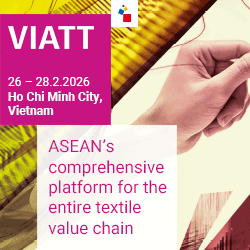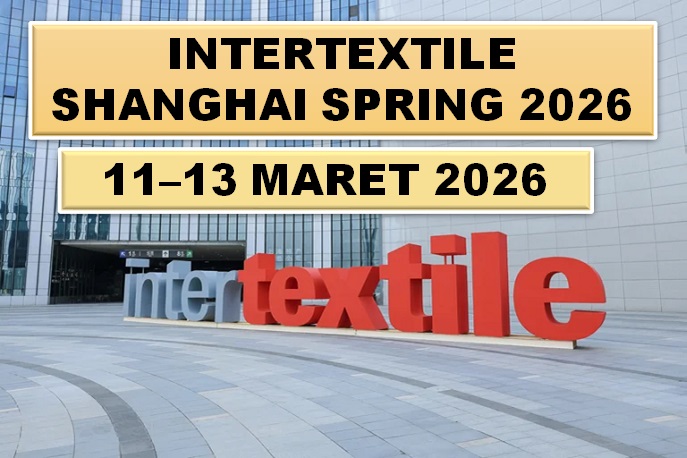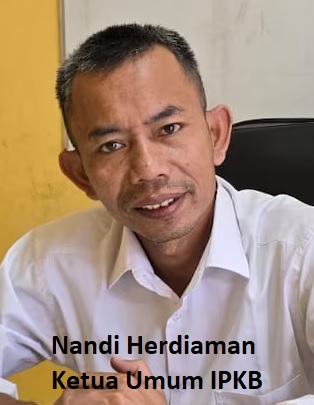Advetorial
Inovasi Produk
Perspektif
Teknologi
Berita Populer
- Meski Diterpa Gempuran Produk Impor, Industri Tekstil Bandung Tetap Tumbuh
- Inovasi Daur Ulang Tekstil: Langkah Menuju Industri Fashion Berkelanjutan
- Dampak Buruk Fast Fashion terhadap Lingkungan dan Upaya Mengatasinya
- Industri Tekstil Tertekan, Konsumsi Pakaian Makin Lesu
- Pesanan AS Meningkat, Ekspor Tekstil Indonesia Tembus US$1,02 Miliar
- Industri Tekstil Mulai Bangkit, Dorong Pertumbuhan Ekonomi Nasional
- Industri Tekstil dan Garmen di Ambang Senja
- Gelombang Penutupan Pabrik Tekstil: Dampak Impor dan Kebijakan yang Tak Menentu
- Paradoks Industri Fashion: Konsumsi Tinggi, Tantangan Semakin Berat
- Revisi Kebijakan Impor dan Tantangan Daya Saing Industri Nasional









